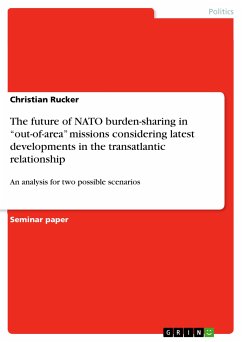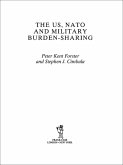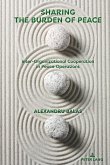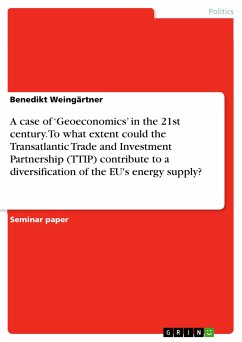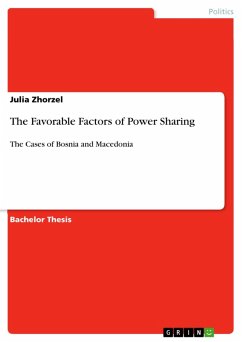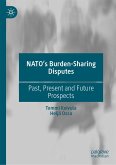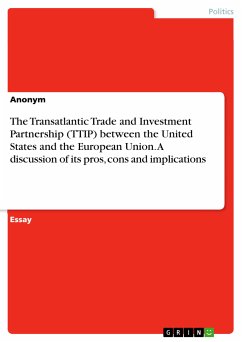Seminar paper from the year 2014 in the subject Politics - General and Theories of International Politics, grade: 1,7, Friedrich-Alexander University Erlangen-Nuremberg (Institut für Politische Wissenschaft), course: Mastercourse: The EU and the US in the evolving multipolar world order, language: English, abstract: NATO (North Atlantic Treaty Organization) experienced an interesting and - speaking of a military alliance - an unparalleled development in recent years. It changed from an alliance of collective defense with a declared enemy to a multifunctional alliance for collective security. Not only was and is it the only contractual basis between the partners on both sides of the Atlantic but - despite all differences - it was to form a community of values among its members. However, it is rather uncertain to predict whether or not both sides of the Atlantic will continue in that mentality. Therefore based on two possible trends regarding NATO, the author of this work is going to examine how the relationship of the alliance changed or is going to change on principle and in some particular cases of "out of area" operations and stabilizing missions. Within this context future possibilities, political wills on both sides of the Atlantic, as well as alternative regional approaches in regard to this type of tasks will be observed here. Subject to this survey are also current developments and fundamental strategic considerations regarding the transatlantic relationship within NATO context and burden sharing.
Dieser Download kann aus rechtlichen Gründen nur mit Rechnungsadresse in A, B, BG, CY, CZ, D, DK, EW, E, FIN, F, GR, HR, H, IRL, I, LT, L, LR, M, NL, PL, P, R, S, SLO, SK ausgeliefert werden.

